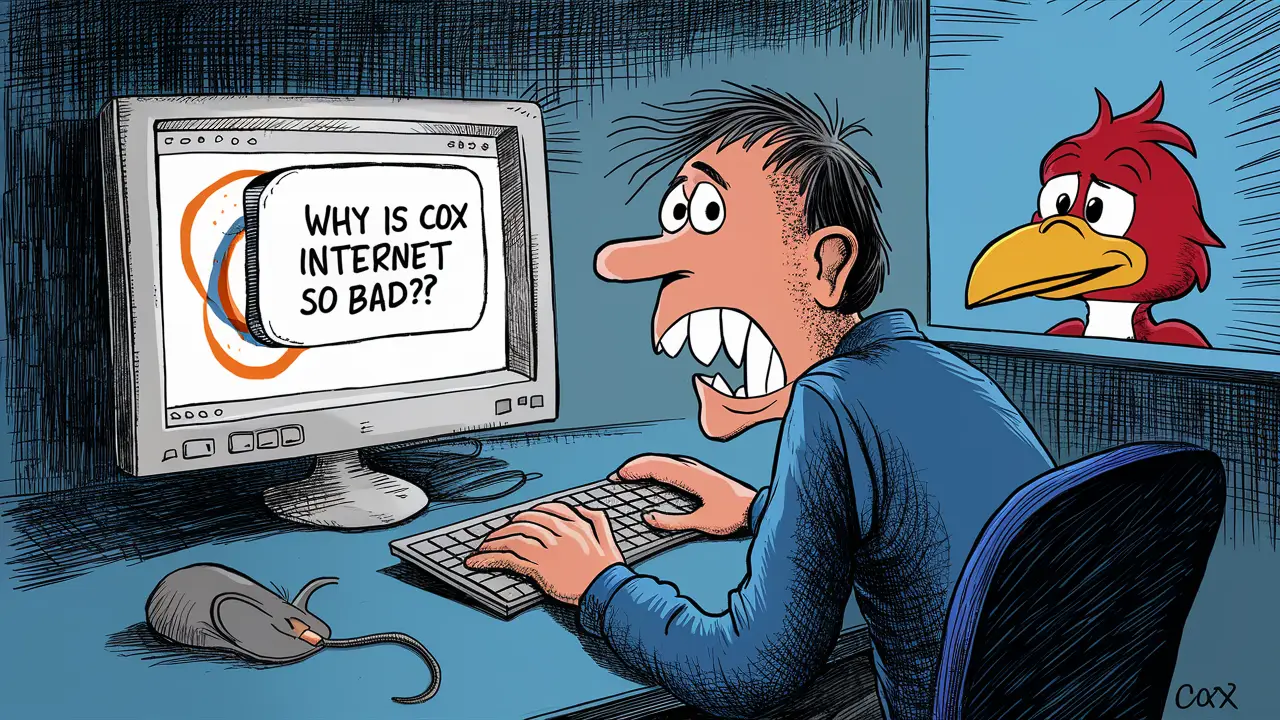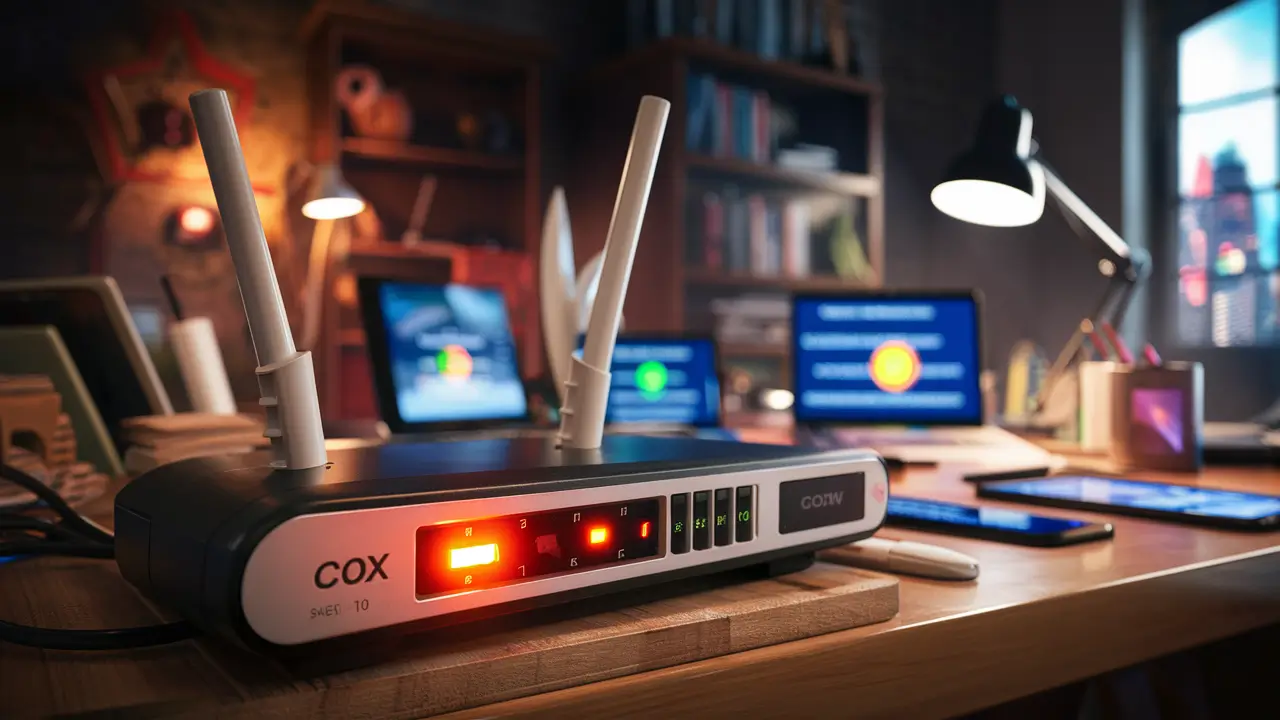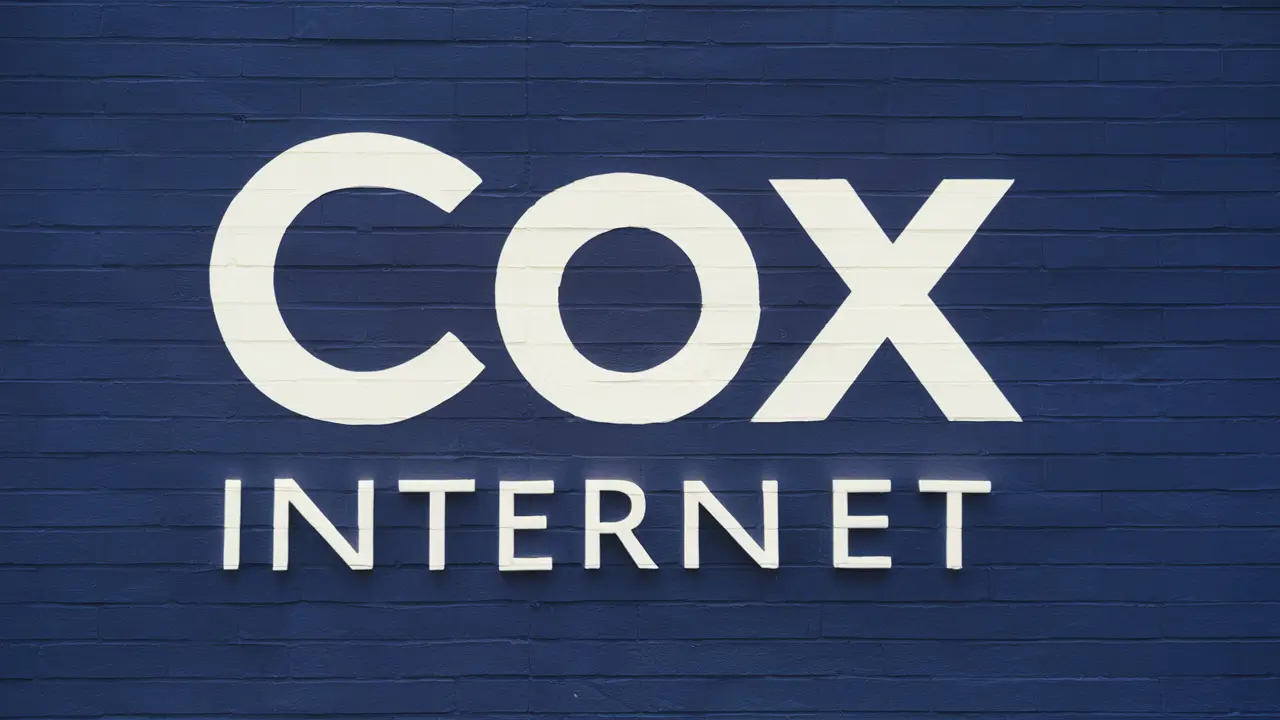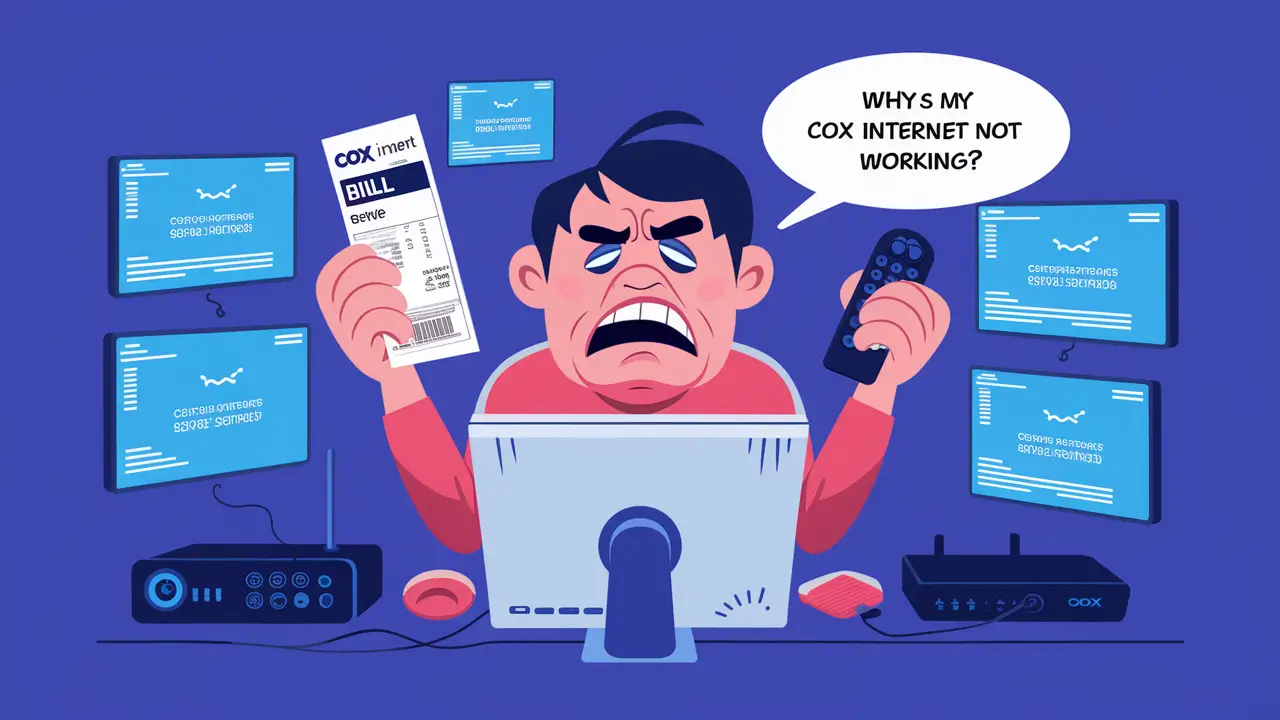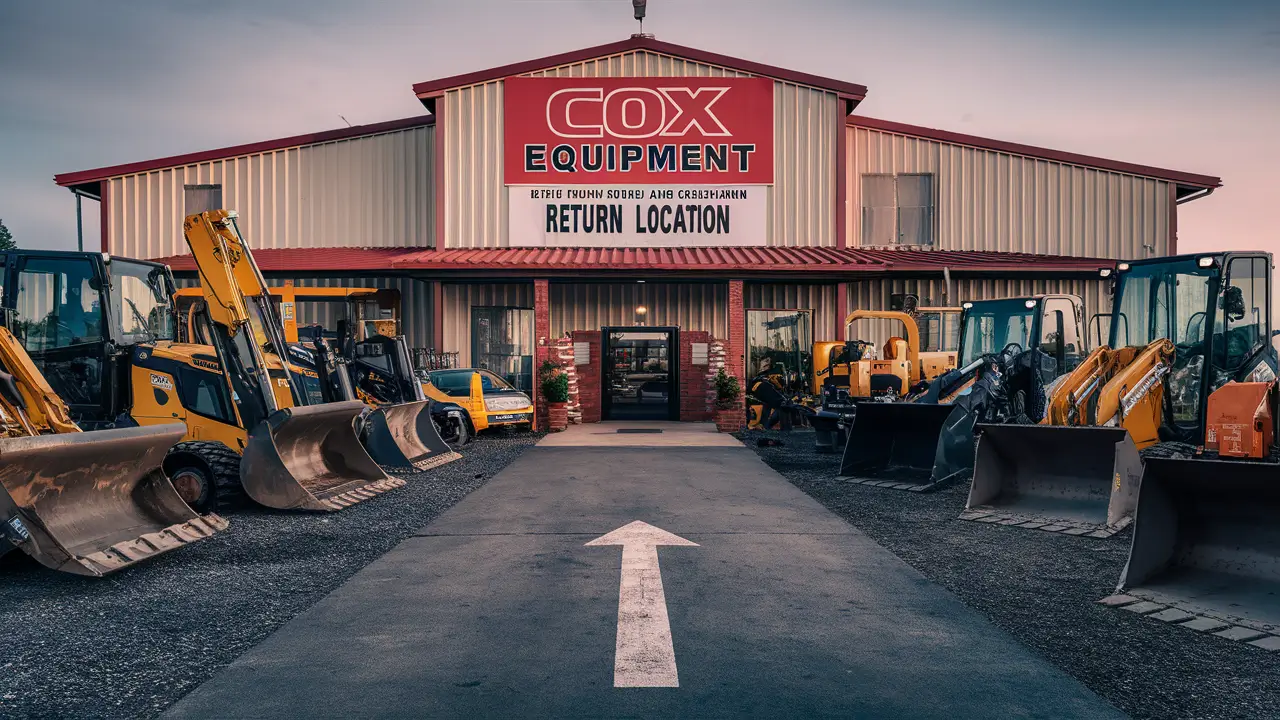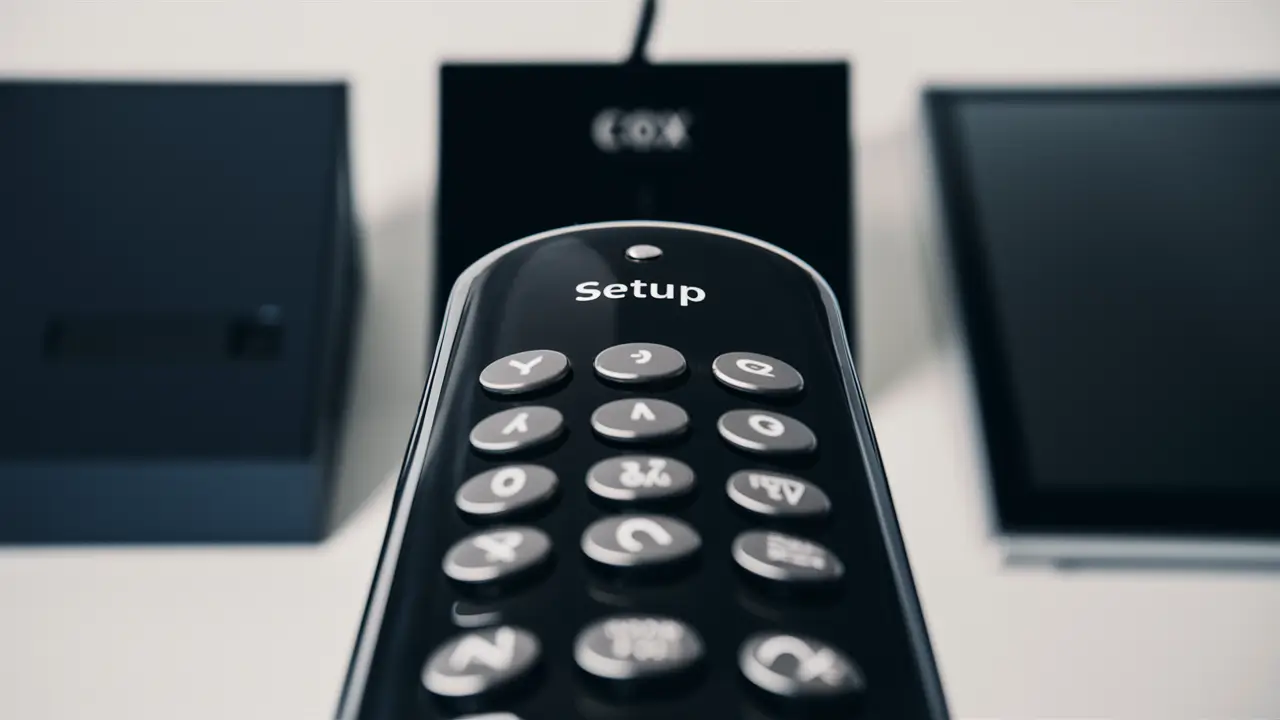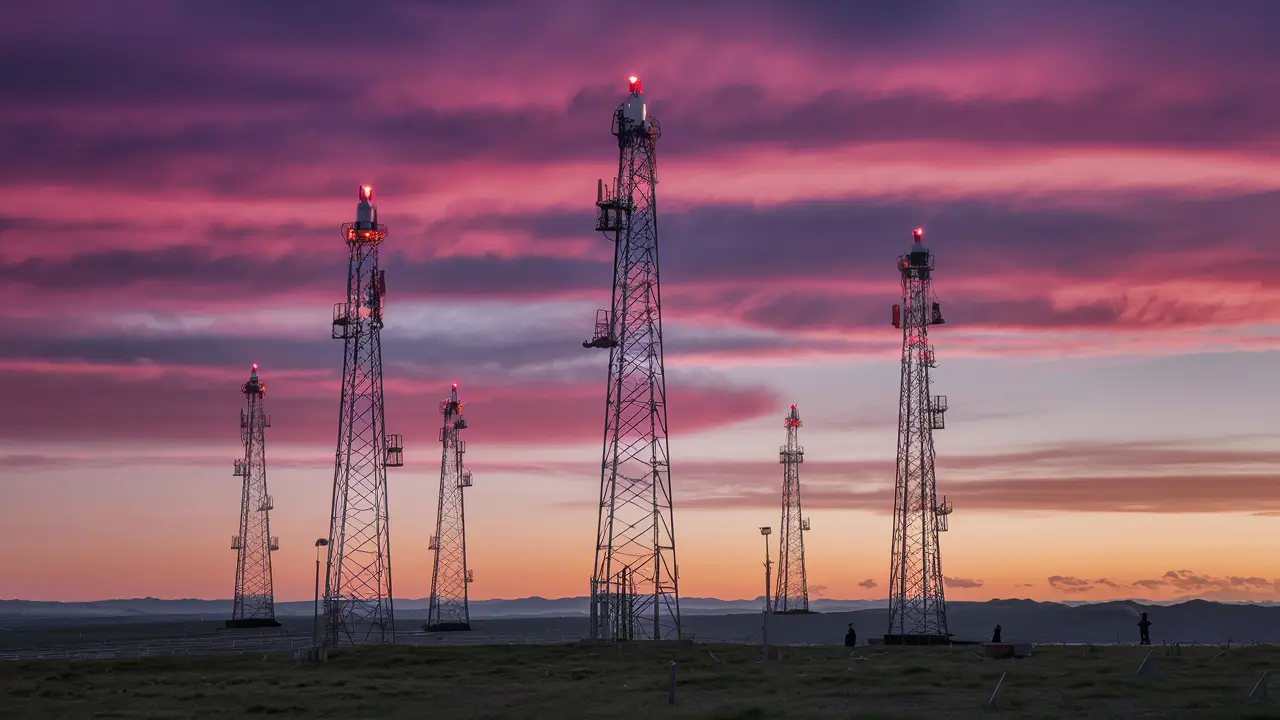Cox Communications is a cable and telecommunication company that operates in the United States and offers services to more than six million customers in 18 states. However, many customers have raised concerns about frequent power outages, slow internet speeds, and poor customer care when it comes to using Cox for internet services. Here are some of the main reasons why Cox Internet tends to get a bad rap:
Frequent Outages
Cox's Internet has a major issue which is a consistent loss of connection that may last for several hours. These are likely system capacity and infrastructure problems as Cox finds itself hard-pressed to meet the Internet usage requirements of a large customer base. The outages affect work, school, and entertainment for clients who depend on the Internet connection.
Slow Internet Speeds
Cox promotes internet download speeds up to 1000 Mbps. However, many customers complain that their speeds are much lower than the peak rates, especially during the peak traffic hours, which are 5-10 PM. It slows to a few Mbps in the evening since many people are downloading videos, playing games, video calling, and browsing the internet for various activities.
The reason for the difference between the claimed and actual speeds is that Cox over-provisions neighborhoods, which means they sell more Internet connections than their local infrastructure provides. When the usage rises in a given region, Internet speed drops.
Data Caps
The majority of Cox internet packages are offered with low data limits of 1 TB and can be exhausted quickly through streaming media, gaming, video conferencing, and other online activities. Exceeding the data allowance leads to the payment of overage charges or a significant reduction in the internet speed. And so, customers are left with no option but to pay more or receive an almost useless internet.
Spotty Customer Service
When it comes to customer service, the company receives low ratings in terms of long hold times and no-show technicians. At times, their customer support staff feel helpless while addressing issues related to internet connection and speed. Technicians who are assigned to attend to requests for home visits can often turn up late or cancel appointments.
Required Rental Fees
To use Cox Internet, clients are supposed to rent their modems and routers from Cox at $10-15 per month as opposed to bringing their own. This equipment rental fee accrues to the expense line while enhancing the company’s income in the cost of service. Customers would prefer to have the option of purchasing their modem rather than paying this unwanted recurring fee.
Hard to Cancel Service
Both reviews argue that Cox has made it virtually impossible for its customers to cancel the internet service. The cancellation process takes a long time and involves being transferred to different departments and reps stating how important the customer is to them. Despite claims of canceling, several customers have reported being charged by Cox even after they have opted out of the service.
What other Internet Service Providers (ISPs) are there to Cox Internet?
This is so because with so many disadvantages such as frequent power outages, slow internet speeds, limited data usage, and poor service delivery, many unhappy Cox customers are willing to change their service provider. However, due to Cox’s extensive coverage, there are often limited options available, especially within densely populated areas. Here are a few options to consider if you are fed up with Cox:
1. Fiber Internet
The best option for broadband connections is fiber optic internet from AT&T, Verizon, CenturyLink, and Google Fiber where available because they are faster and have less variability than Cox cable internet. Prices can be in the same range as Cox’s services.
2. Fixed Wireless Internet
Fixed wireless internet service providers use radio signals to transmit internet connectivity to homes and companies. This can deliver more than 100Mbps internet connection without rate-limiting data usage.
3. Satellite Internet
This includes HughesNet and Viasat which provide internet services to the countryside that does not have cables. Download and upload speeds are now over 100 Mbps but the latency and data caps affect it.
4. 5G Home Internet
Mobile internet by T-Mobile, Verizon, and other cellular operators is a new and promising 5G home internet. Speeds average over 100 Mbps and the technology is improving.
The idea is to consider all the available Internet providers in your area and then perhaps happily switch back to the often criticized Cox Internet service. Fiber, fixed wireless, satellite, or 5G home internet may offer higher download and upload speeds and less disruption than Cox’s cable. It is highly recommended to carry out your research and find out which solution is most suitable for your home.
Call (844) 340-5111 to get a new Cox connection now!
Read More:
How many devices can you have on AT&T Fiber?
How much is AT&T streaming a month?
Does ATT fiber use existing cable?
Can you have 2 routers with ATT fiber?
